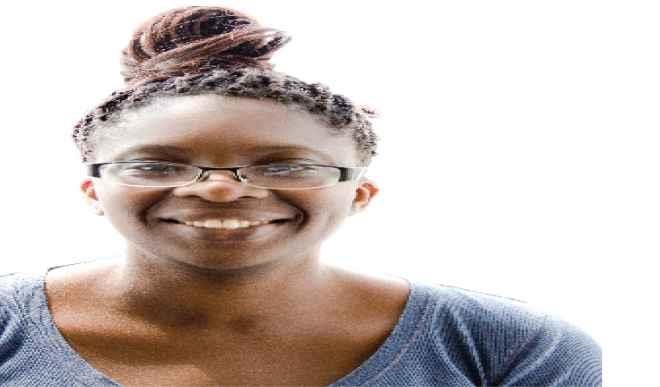How telling bedtime stories made me a writer – Salami
Bookshelf: How did you start creative writing? Segilola Salami: I didn’t make an intentional decision to start writing. Whilst on maternity leave with my daughter, I was reminiscing bedtime stories my late mum used to tell my sister and I and decided to write the stories down so I had something handy to refer to […]


Bookshelf: How did you start creative writing?
Segilola Salami: I didn’t make an intentional decision to start writing. Whilst on maternity leave with my daughter, I was reminiscing bedtime stories my late mum used to tell my sister and I and decided to write the stories down so I had something handy to refer to whenever I wanted to read my daughter a bedtime story. Before I knew it, I had a few bedtime stories written and thought it would be absolutely fantastic to turn the stories into 3D animation and move Nollywood into a different arena. Unfortunately I didn’t have the money at the time to get it done up to the standard I wanted. The animator I commissioned, who was not Nigerian and didn’t seem to understand African looks, struggled to capture the essence of my characters. So I decided to re-write the stories with a unique twist and that’s how I ended up with ‘Yetunde: The Life and Times of a Yoruba Girl in London’. I hope to be able to work with a suitable animator to bring my vision to life sometime in the future.
Bookshelf: You own a publishing firm. What’s the update on that?
Salami: Segilola Publishing was set up originally for my own books, but after receiving several emails by authors based in Nigeria, I have opened the imprint to publishing books by other authors as long as there’s an African angle. I have received a few titles for consideration and who knows, before the year runs out, I might take up one or two for publication.
Bookshelf: You live in the United Kingdom, how do you get your books to the Nigerian market?
Salami: My books are not exclusively Nigerian books, they also have a UK influence. It was not until over a year after I published my first book that I realised that I hadn’t actively promoted my books to the Nigerian audience. When I looked at distribution options, I realised a few things. Some people based in Nigeria cannot download Amazon electronic books and there’s a limited amount of online retailers that sell electronic books where patrons can pay for them in naira. This led me to make some changes to my online shop. Anyone who has a Nigerian IP address can download any of the books listed on the site and also pay for them in Nigerian Naira. In addition, Segilola Publishing partnered with Ingram Spark as our distribution partner, so all my books are available to a wide range of retailers worldwide. Fans in Nigeria can order a copy via their regular retailer just by quoting the book’s ISBN. I hope to develop business relationships with book sellers in Nigeria to stock physical copies of my books there.
Bookshelf: You write fiction and nonfiction for both children and adults. How do you manage this?
Salami: My first non-children’s book was done on a whim. First of all, I was tired of writing for my daughter and wanted to do something else for a change. I ended up with a sizzling fantasy romance, ‘’Abiku: A Battle of Gods, under the pen name Elizabeth Salawu.
Whilst I did enjoy writing for an adult audience, I do have preference for writing children’s books.
Bookshelf: You sell your books online. What advice do you have for those who still haven’t embraced this idea?
Salami: Your marketing strategy is incomplete if your book is not available for online download. Obviously, you don’t have to do this if you write as a hubby only and just want the pleasure of seeing your book in hard copy. If you are interested in making a living out of your writing, then your book must be available in electronic format.
Bookshelf: What advantage does an author stand to gain by selling online?
Salami: There are more people with internet access than not. By not making your book available for online downloading, you have automatically removed yourself from the race to capture the interest of millions of online book readers. With smart phones, tablet, book readers and other apps, a lot of readers don’t want to read physical books but prefer the convenience of having lots of electronic books in their digital library.
Bookshelf: How many books have you written so far and what are they about?
Salami: At last count, I have written seven books so far. The children’s fiction is based on Nigerian folktales, while the nonfiction are educational resources to help teach children Yoruba.
